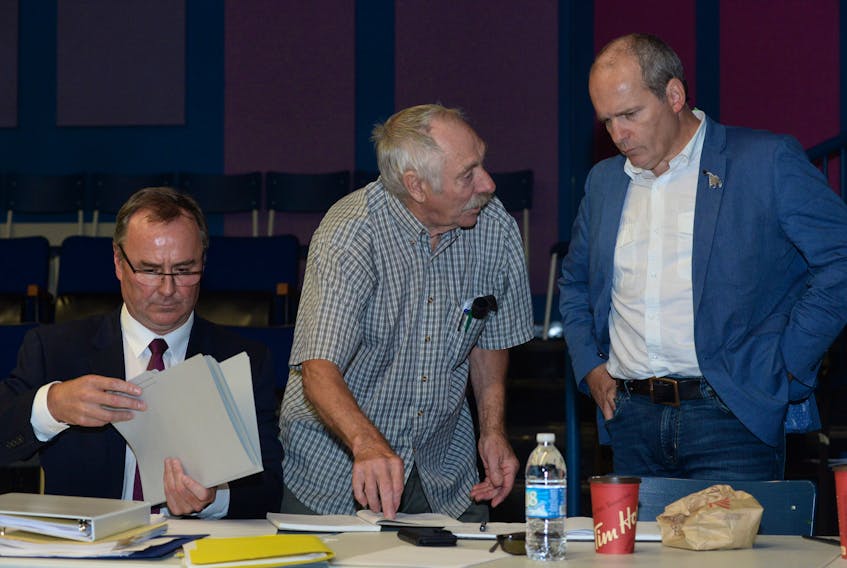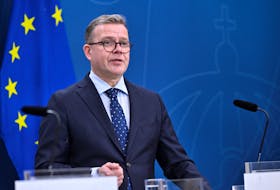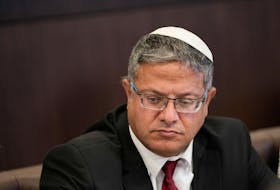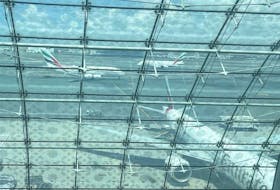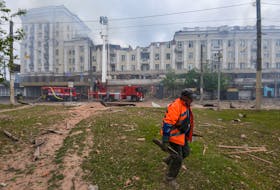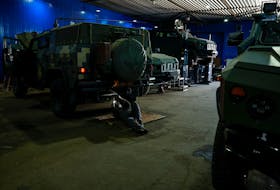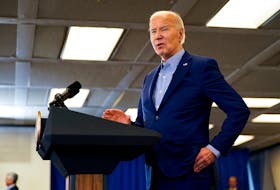After 500 years of fishing history you’d probably think it would be easy enough in Newfoundland and Labrador to determine who is and who is not a true, full-time fisherman.
Yet, with so many people over the years dipping into the fishery for full-time, part-time or one-time earnings — and with often blurred lines as to who makes up part of a fishing crew — it’s not that straightforward.
And that became apparent during a hearing held by the province’s Labour Relations Board Monday in St. John’s regarding an application by FISH-NL for certification to represent the province’s commercial inshore fishermen — fishermen who are currently represented by FFAW-Unifor.
The hearing on Monday was aimed at allowing parties to present arguments to the board as to the proper definition of a bona fide inshore fisherman under the province’s Fishing Industry Collective Bargaining Act. The board will have to determine how many full-time inshore fishermen there are in the province and how many would make up the bargaining unit FISH-NL and the FFAW-Unifor are fighting over in order to deal with FISH-NL’s application for certification which, if accepted, would force a vote to see which organization fishermen would prefer to represent them.
Related stories:
Labour board holding FISH-NL certification hearing Aug. 20
FFAW, FISH-NL called to surprise meeting with Newfoundland and Labrador Labour Relations Board
A board investigator’s report released in April stated the investigating officer matched 9,458 names in correspondence from fish buyers to the 2015 and 2016 membership lists supplied by the FFAW. FISH-NL has supplied information to the board that states the number of full-time fishermen is actually around 4,500. A membership drive saw FISH-NL sign about 2,300 cards, or about 52.7 per cent of the number they claim are fishermen eligible to vote should a certification vote be ordered.
David Goodland, lawyer for FISH-NL, said Monday they want the labour board to define a full-time inshore fisherman in the province as it is meant to be in the legislation.
“The legislation is meant to protect fishermen who fish for a living, a full-time commercial enterprise,” he said. “People who are fishing recreationally on commercial boats who have a fleeting interest in the fishery financially aren’t the ones who are meant to determine the fate and the future of the true inshore fishers in the province. It’s that simple.”
The list of commercial inshore fishermen used by the FFAW, Goodland suggested, has become a “mere dues-paying list.”
“You don’t have to have the connection — pursuant to the FFAW position — that we suggest the act requires and the labour board has to straighten it out,” he said. “(Labour board) has to make sure the people who are going to control the terms in the industry, the working conditions, the pricing, those people are the ones who are in the industry for a living. The full-time fisher will control their fate, not somebody who has a fleeting connection to the fishery or someone who is land-based and who has dues paid on their behalf cannot determine pricing and working conditions to fishers working on the vessels.”
FFAW-Unifor lawyer Tom Johnson said union dues are deducted from fishers who are out fishing and that data is provided by the processors.
“The data exists independently of us and it shows that about 9,500 people over 2015 and 2016 were engaged in fishing and that’s why we got dues, and dues were deducted from their fishing effort,” Johnson said.
“The idea that there are 4,500 people in a bargaining unit in Newfoundland and Labrador — and by the way they put that number on the bargaining unit after they counted their cards and saw the only have 2,300 cards. So, in order to come before the board, they had to have a number that got them above the 50 per cent, and that came in at 52.7 per cent. Our number is one that existed before we even knew what FISH-NL was planning.”
The Labour Relations Board says it will take some time to come to a decision and will give parties sufficient notice before the decision is filed.

